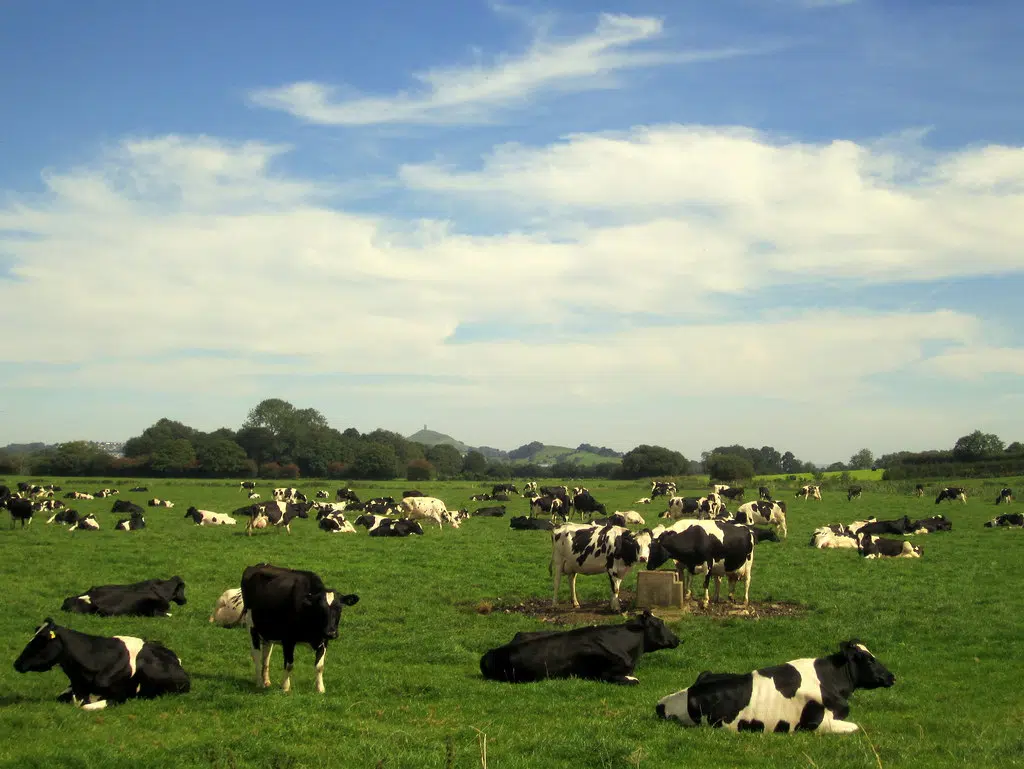According to a new study done by researchers at the University of California-Davis, adding seaweed to the feed can reduce methane emissions from your cattle by as much as 82%. Researchers claim this could be a huge step for sustainable farming all over the world.
UC-Davis’ Ermias Kebreab explained that the seaweed didn’t impact the health, milk production, or milk quality of the cattle. One of the trickiest parts of the study was determining how much seaweed the cows needed to consume in order to reduce methane emissions. “For dairy cattle, say 300-400 grams a day, so you’re getting about one percent of their feed intake, they don’t like the taste very much, it’s a bit salty. But we were able to reduce it to just ½% or even ¼% and it works really well,” Kebreab said.
The study was also conducted with beef cattle for a five-month period in 2020 where they observed 21 head of cattle and watched their weights and methane emissions. The beef study found that the ones who ate about three ounces of seaweed gained as much weight as the other animals and also produced 82% less methane.
The findings created some questions within the ag industry. For example, farmers were asking if or when a seaweed supplement would be available for farmers to purchase in the United States. He explained that they have a few more loops to get through before the production of a supplement would be possible.
“We’ll have an on-farm trial, that will happen in June down in California, and there’s another one that will happen in Washington state as well,” Kebreab says things are moving in the right direction, “having more on-farm trials, collecting more data, and applying for FDA approval. So, if all of this happens, hopefully in the next two to three years it may be available in the marketplace.”





